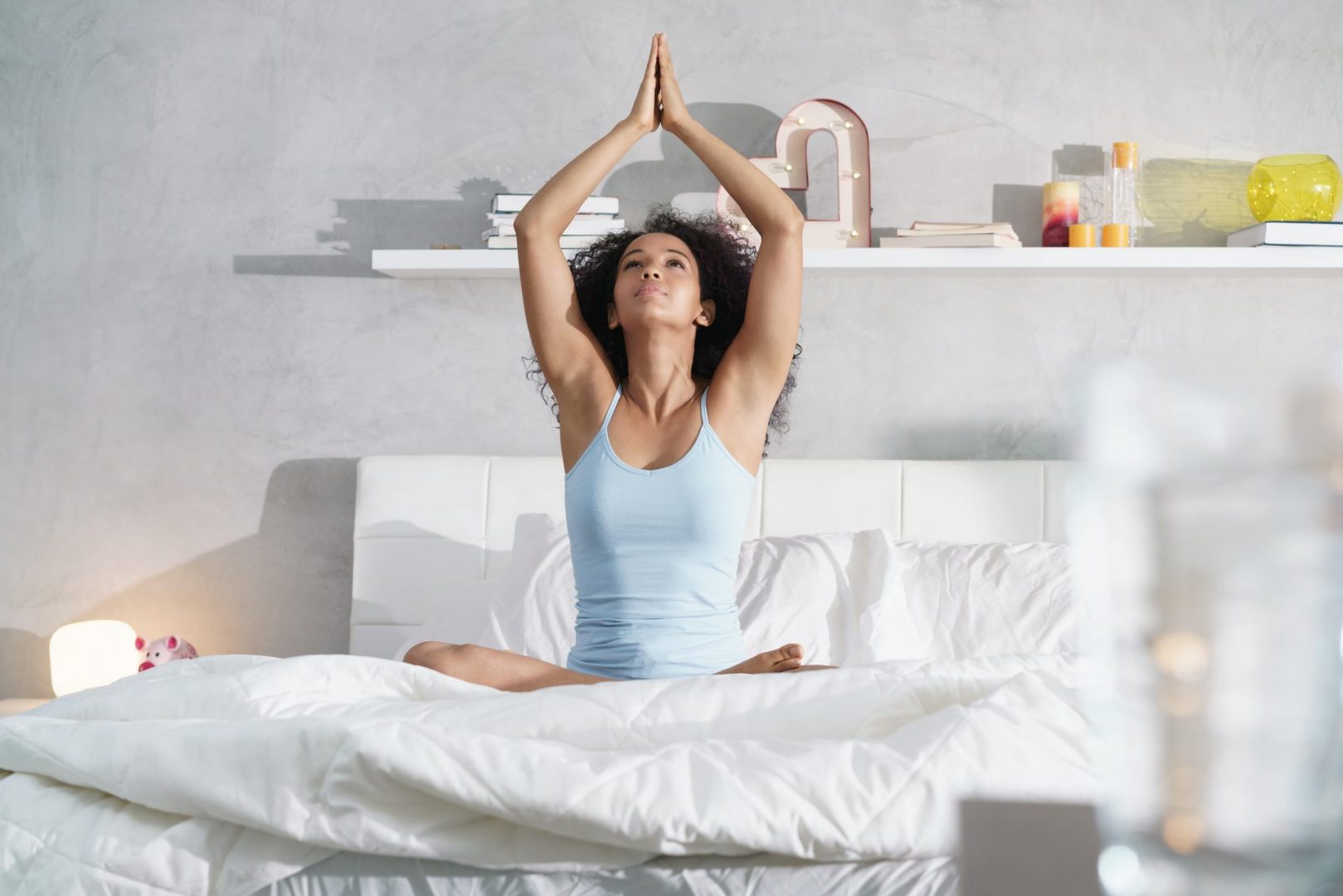You might have heard of the word “sleep tracking” recently, which is why it sparked your curiosity? Or, you might have encountered sleep tracking as a feature in the latest smart phones or smart watches? What ever the reason may be, read on below to learn more about sleep tracking tools.
What is sleep tracking?
Before it became common, sleep tracking was used to diagnose sleep disorders. The gold standard for this is called polysomnography (PSG). But using this method has its limitations – it is complicated and time consuming to set up, it requires up to an hour to be installed by a trained sleep technician, and it costs a lot of money. Because of these limitations, the use of other sleep tracking devices rapidly expanded. This opened the opportunity for individuals to start monitoring their sleep patterns.
Many of the common sleep tracking tools are wearable devices like wristwatches. Others can be clipped on your pillow, your mattress, and yet others can be placed to sit on your bedside table. These types of tracking devices are compact, less expensive compared to the PSG, and are able to measure different sleep metrics.
Depending on the device, various features can be measured. Commonly covered by most sleep trackers are:
- Sleep Duration – Inactivity of the individual is recognized as sleeping;
- Sleep Quality – Indications for interrupted sleep such as tossing, turning, standing up to go to the bathroom, etc. are used to rate the overall sleep quality;
- Sleep Phases – some devices are able to track sleep phases and time them to your daily alarm clock to wake you during a period of light sleep which makes it easier for you to rise in the morning;
- Environmental factors: Some devices check the lighting condition, temperature, noise, etc. in your bedroom;
- Lifestyle factors – Some devices have features that can track your physical activity and allow you to enter information about your diet (caffeine intake, time of last meal, etc.)
When do you need to track your sleep?
The fact that we spend one third of our lives sleeping makes it interesting for many people to learn more about what happens during this mysterious time in our lives. Hence, many see it as a tool that can provide thrilling insights into the world of sleep science. Beyond that, it can also offer some useful advice on how to improve one’s sleep quality.
Tracking your sleep habits can be useful to recognize individual preferences. For example, it can give you some insights on whether you feel more energetic if sleeping from 9PM to 5AM or from 11:30PM to 7:30AM. It can also provide some answers whether you have problems falling asleep after drinking coffee past 3PM or whether it is easier for you to fall asleep when you have dinner at either 6 or 8PM. Trackers offer an easy way to collect all of this information, summarize it graphically, analyze it, and gradually explore some modifications.
If you are curious about your general sleeping pattern, sleep tracking might be a fun experience for you. However, if you suffer from severe or recurring sleep problems, sleep trackers will unlikely be able to resolve your issues. If you are experiencing any sleep problems, it is best to speak to a sleep expert to examine and recommend ways to address the issues appropriately.
With the wide variety of sleep trackers to choose from, it might be difficult to choose the sleep tracker that is best for you. We recommend that you do some background research before choosing a sleep tracker and, importantly, not to put too much emphasis on the data output. This is since many of the trackers lack accurate results and cannot replace the application of PSG for diagnostic purposes yet.
What are the cautions in using sleep trackers?
Some people might get the impression that sleep trackers can proficiently detect sleep disturbances especially regarding sleep quantity and sleep quality. Using sleep trackers might cause an undue addiction to quest for the perfect and most ideal sleep routine and process – with trackers defining what is “perfect”. This is one of the reasons why an increasing number of people are seeking professional help for often non-existing sleep problems diagnosed by the sleep tracker.
It is important to be aware that while many devices are quite advanced today, they are still susceptible to inaccuracies and errors. For example, sleep trackers do not measure sleep directly but instead measure the inactivity as a surrogate for estimating sleep. This can be considered a good guess in some cases but is not valid for all situations.
Studies suggest that data from sleep devices should be interpreted with caution because they often fail to accurately measure the different sleep metrics when compared to the gold standard like the PSG. PSG monitors brain waves to analyse sleep phases which are not yet covered by the handy tracking tools available on the market today. So, some “problems” in your sleeping pattern may have been incorrectly recorded by the device and may not actually pose “problems”. These false alarms then often cause unwarranted concerns for the individual.
Also, although some advice regarding sleep can be given generally (i.e., we all need sufficient sleep, good sleep quality, etc.), individual preferences are high when it comes to detailed specifications like the exact amount of hours we need and perfect bedtimes. The challenge is to find a balance between gaining exciting insights into sleep patterns and classifying the results correctly in terms of validity and significance.
References:
Baron, K. G., Abbott, S., Jao, N., Manalo, N., & Mullen, R. (2017). Orthosomnia: Are Some Patients Taking the Quantified Self Too Far? J Clin Sleep Med. 13(2):351-354. doi: https://doi.org/10.5664/jcsm.6472
https://www.hopkinsmedicine.org/health/wellness-and-prevention/do-sleep-trackers-really-work
https://www.nosleeplessnights.com/best-sleep-tracker/
https://www.nytimes.com/2019/07/17/technology/personaltech/sleep-tracking-devices-apps.html


